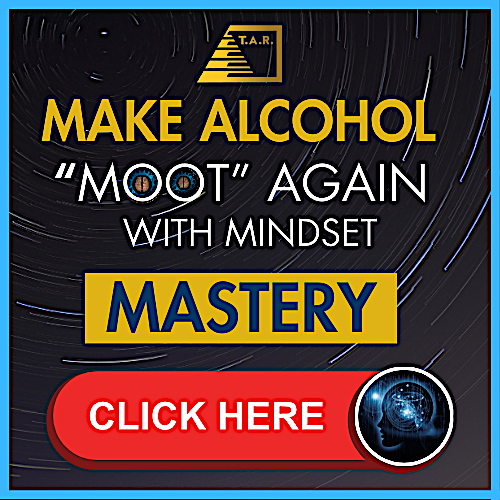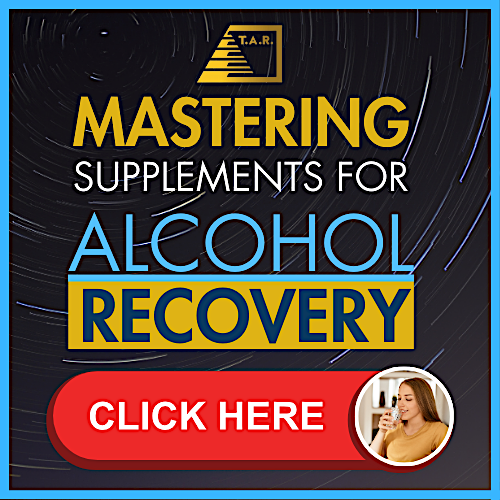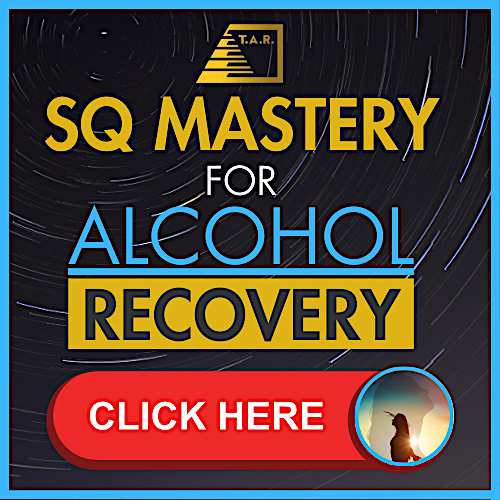1) Body and mind are inseparable.
“Lack of movement is, as Harvard sociology professor Daniel Lieberman notes in this chapter’s opening epigraph, abnormal and pathological. My mistake back in late 1989 had been to stop cycling…It wasn’t until after I relapsed at the beginning of 2010 that I realized Jen would have to Get Her Body Moving. Turns out, for me, and for a lot of others in recovery, it’s hard to recover one’s feelings and spirit without also recovering the body.”
2) Exercise decreases substance cravings.
“In 2011 researchers from Vanderbilt University did a study published in PLOS ONE that involved making a dozen marijuana users run on treadmills for 30 minutes 10 times over a two-week period. These were very heavy users, and they saw a dramatic drop in their cravings and their use of marijuana (a decrease of more than 50 percent) after just a few exercise sessions. Exercise was the only intervention.”
3) Exercise is effective regardless of the substance of choice.
“A 2009 study in Pathophysiology Journal showed treadmill exercise reduced morphine use in male rats. And in 2011, a study in the journal Current Neuropharmacology demonstrated animals’ preference for saline over amphetamines when they exercised.”
4) Exercise addiction is WAY overblown, and being dependent on exercise isn’t always a bad thing.
“One of those addictions leads to basically a devastation throughout all aspects of your life and probably premature death,” he said. “The other addiction leads to improved cardiovascular health, better self-esteem, better self-efficacy and maybe some joint problems when you get older. It’s an apples-and-chain saws comparison.”
5) Intense exercise provides emotional release, catharsis, and a sense of being reborn.
“For a lot of people exercise is definitely a form of disassociation. For me it’s not nearly to the degree as when I was drinking a fifth of liquor a day and shooting five bags of heroin…I was able to get something a lot of addicts will never have, and that was the ability to come to this conclusion that I’m done, that I’ll never drink or use drugs again…I don’t regularly attend meetings, but exercise is a huge component of my recovery. I don’t believe anyone who’s an addict can just stop engaging in that behavior and have that be a sustainable situation. … For me exercise was a very constructive physical outlet for the emotions I had.”
(Emphasis added by me. The quote above is from Shane Niemeyer, who wrote a raw and hugely motivational book on the subject.)
6) With perseverance, fitness becomes a reliable and rewarding ritual.
“At that point, once you arrive to this “easy” point of exercise, the benefits of doing it become obvious. Now it is a habit, it is second nature to exercise, and you would not really want to go without it at this point. It has become a permanent part of your routine.”
7) Exercise produces endorphins and endocannabinoids, helping you “stop fighting” and start living.
“When an individual is trying to recover from addiction, the body and mind miss whatever was producing endorphins in the brain, responsible for that ‘high’ feeling. Add in everyday stress, which can heighten cravings, and the recovery process can be a knockdown, drag-out fight…Since exercise also causes the release of endorphins (which can act as that natural high after an especially good sweat session) along with endocannabinoids (a marijuana-like substance which can enhance the natural high), it’s possible working out can help an individual cope with the recovery process.”
8) Exercise produces galanin, a brain chemical responsible for enabling enabling neuroplasticity (brain rewiring) and lowering stress.
“When rats exercised, and galanin was blocked, the rats were as anxious as if they hadn’t exercised at all…The anatomical evidence suggests that galanin contributes to stress resilience by preserving synaptic plasticity, or the way neural connections are strengthened or weakened over time.”
9) Fitness buddies and networks help you stay on track.
“In addiction, the person would typically hang out with friends who shared the same addiction as them. Once the person goes into a recovery program and picks up exercise as a new hobby, they will start to make new friends. Working out with other people is great because the group of friends will be able to motivate each other and each person will be accountable for setting and accomplishing their goals.”
10) Exercise works at least as well as meds in treating depression, which is a huge risk factor in relapse.
“In 1999, a randomized controlled trial showed that depressed adults who took part in aerobic exercise improved as much as those treated with Zoloft. A 2006 meta-analysis of 11 studies bolstered those findings and recommended that physicians counsel their depressed patients to try it. A 2011 study took this conclusion even further: It looked at 127 depressed people who hadn’t experienced relief from SSRIs, a common type of antidepressant, and found that exercise led 30 percent of them into remission—a result that was as good as, or better than, drugs alone.”
11) Whereas alcoholism can lead to insulin resistance and diabetes, exercise improves insulin sensitivity and reduces diabetes risk.
“After exercise, the muscles have a greater need to replace the glucose they have expended. In this recovery period, glucose is shuttled to recover muscle tissue rapidly, where it is stored as glycogen for later use…The more you exercise, the better “trained” the cells are to dispose of glucose more efficiently.”
12) Exercise may reverse substance-induced brain damage.
“We already know that heavy, chronic alcohol exposure is associated with widespread damage to the brain, but little is known about how this damage could be reversed or prevented. Aerobic exercise appears to be a promising candidate for decreasing alcohol-related brain damage.”
The Bottom Line
As you can see, there’s no shortage of evidence that fitness can help you kick addiction.
To all of the above, I would add this: People who have had addictions tend to be particularly intense. We’re stubborn, we go all in on everything that we do, and we don’t half-ass anything. We don’t like giving up, and ironically this leads many of us to never give up our substance of choice.
Our brains are wired differently, and we crave a kind of intensity that other people don’t seem to need. We can’t float through life and feel fine. We need a constant to block out the ambient noise that tortures us with its mundane dullness. We have difficulty coping in the absence of intense emotion, whether pain or pleasure.
If any of this resonates with you, I strongly recommend you draw up a fitness plan. I don’t tout fitness in recovery just because I got my trainer certification.
Exercise in itself is not my purpose in life. I’m still discovering the nature and extent of my purpose, but I would concur with Shane’s observation (see #5 above) in that fitness has allowed me to come to terms with the idea that I’ll never drink again.
Because it has liberated me in this way, fitness is a catalyst in my ongoing quest for my life’s purpose.
I lift weights and do HIIT cardio because I love doing them. If I liked cycling more, I would cycle. But pushing iron and sprinting is my therapy, and this combo allows me to build the kind of physique I want to have. I feel most alive and competent when I’m strong, solid and muscular.
Look good, feel better. Good luck to anyone reading this and feel free to ask me questions.
-
Chris Scott founded Fit Recovery in 2014 to help people from around the world dominate alcohol dependence and rebuild their lives from scratch. A former investment banker, he recovered from alcohol dependence using cutting-edge methods that integrate nutrition, physiology, and behavioral change. Today, Chris is an Alcohol Recovery Coach with dozens of private clients, the author of a short book called Drinking Sucks!, and the creator of an online course called Total Alcohol Recovery 2.0.
View all posts








